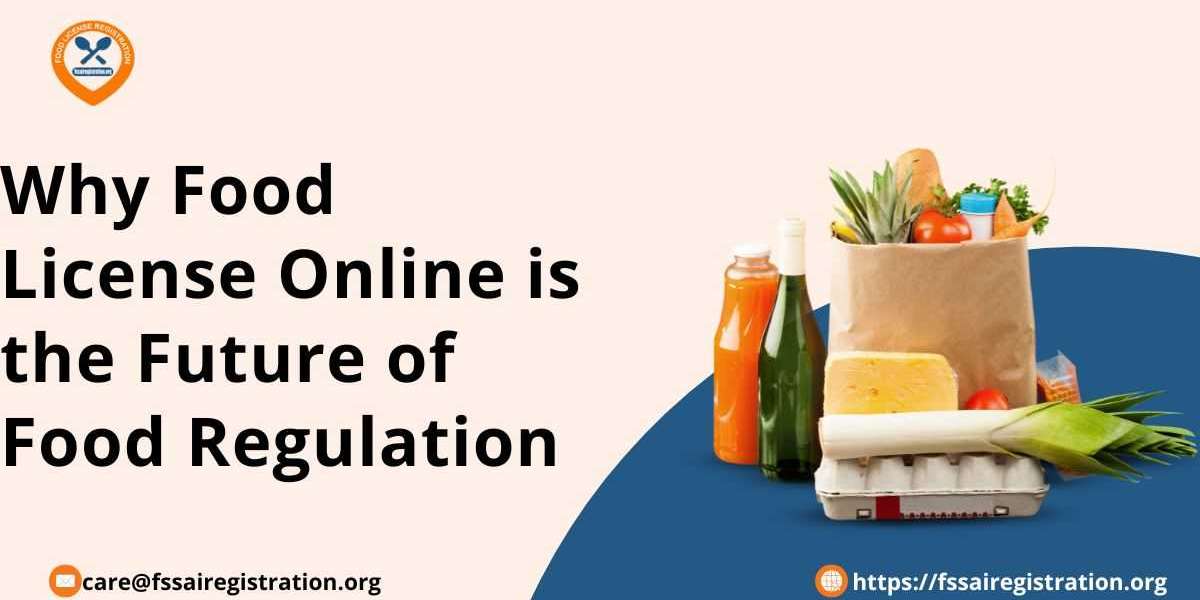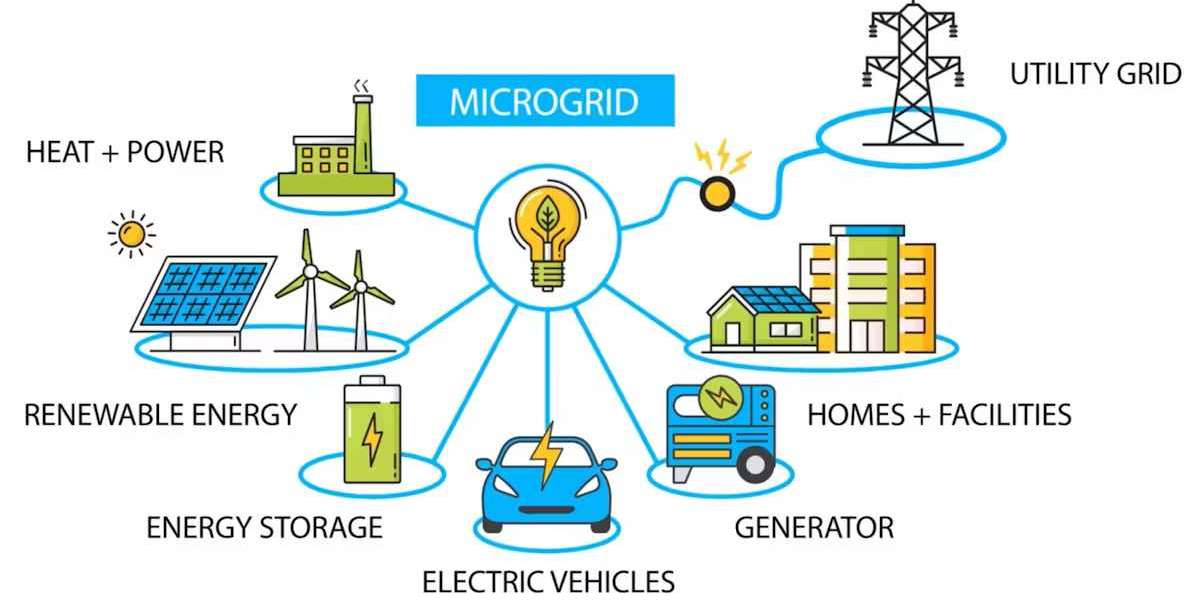Food licensing plays a vital role in ensuring the safety, quality, and legality of food businesses. As the food industry evolves, traditional methods of food licensing, often characterized by paperwork, bureaucratic delays, and inefficiencies, are being replaced by digital processes. Food license online is emerging as the future of food regulation, bringing speed, transparency, and accessibility to the system.
With digital transformation sweeping across industries, regulatory bodies are increasingly shifting towards online platforms for licensing. This shift not only benefits businesses but also strengthens regulatory oversight, ensuring compliance with food safety standards. In this article, we explore the reasons why online food licensing is the future of food regulation and how it will shape the food industry in the coming years.
The Challenges of Traditional Food Licensing
For decades, food businesses have struggled with the cumbersome process of obtaining a food license. The traditional food licensing system posed several challenges, including:
- Lengthy Approval Times – Paper-based applications often result in delays due to manual processing.
- Lack of Transparency – Business owners had limited visibility into the status of their applications.
- Human Errors – Manual data entry increases the risk of errors, leading to rejections or delays.
- High Costs – Businesses had to deal with travel expenses, middlemen, and paperwork-related costs.
- Inconsistent Enforcement – Varying interpretations of food laws led to inconsistencies in the approval process.
- Limited Accessibility – Many small businesses, especially in remote areas, faced difficulties in applying for a food license.
These issues created inefficiencies in the food regulation framework, emphasizing the need for a more effective system.
The Rise of Online Food Licensing
With advancements in technology and government initiatives promoting digitalization, online food licensing has gained momentum. Regulatory bodies like the Food Safety and Standards Authority of India (FSSAI) and similar organizations worldwide have implemented online platforms for food licensing. Here’s why online food licensing is the future of food regulation:
1. Faster Processing and Reduced Bureaucratic Delays
Online food licensing streamlines the application process, significantly reducing the time required for approvals. Digital systems automate document verification, reducing human intervention and ensuring faster processing. Food businesses can now receive approvals within days instead of months.
2. Enhanced Transparency and Tracking
One of the biggest advantages of online food licensing is transparency. Applicants can track the real-time status of their applications, receive automated updates, and avoid uncertainty. This eliminates the need for repeated follow-ups and manual inquiries.
3. Reduced Scope for Corruption
Traditional food licensing often involved intermediaries, increasing the chances of corruption and bribery. Online platforms reduce human interaction in the approval process, minimizing corrupt practices and ensuring fair regulation.
4. Cost-Effectiveness for Businesses
With an online food licensing system, businesses save on costs associated with travel, paperwork, and intermediary services. Digital submissions reduce administrative expenses, making licensing more affordable for small and medium-sized enterprises (SMEs).
5. Convenience and Accessibility for All
Online platforms enable businesses to apply for a food license from anywhere, eliminating geographical barriers. This is especially beneficial for small food vendors, home-based businesses, and food startups that may not have easy access to regulatory offices.
6. Integration with Other Digital Services
Modern online food licensing systems integrate seamlessly with other digital services, such as digital payments, tax registrations, and e-governance portals. This simplifies compliance for businesses and reduces paperwork.
7. Improved Regulatory Oversight
Regulatory bodies can monitor food businesses more efficiently using digital tools. Online food licensing creates a database of registered businesses, enabling authorities to conduct targeted inspections, track compliance, and ensure food safety.
8. Data Analytics for Better Policy-Making
With online licensing, regulatory bodies can collect and analyze data on food businesses, violations, and compliance trends. This data-driven approach allows policymakers to make informed decisions and implement effective food safety measures.
The Role of Governments in Driving Online Food Licensing
Governments worldwide are recognizing the benefits of online food licensing and are actively promoting its adoption. Initiatives like India’s Digital India campaign, the EU’s digital regulatory frameworks, and US FDA’s modernization programs are pushing for a complete shift to digital food licensing.
Government agencies are also developing mobile apps and user-friendly portals to ensure that even small-scale food operators can navigate the licensing process with ease. Additionally, training programs are being conducted to educate businesses about online food licensing and compliance requirements.
The process to apply for Food License Online
- Visit Website – Open the official FSSAI registration portal.
- Fill Application Form – Enter your name, business details, and food category, and upload your PAN card.
- Review Submit – Check all details and submit the form.
- Pay Fee – Complete the payment online as per your license type.
- Verify OTP – Enter the OTP sent to your registered mobile or email.
- Inspection (If Required) – Officials may inspect your premises for approval.
- Get an FSSAI License – Once approved, download your FSSAI license from the website.
Challenges and Future Improvements in Online Food Licensing
While online food licensing has revolutionized the food industry, there are still some challenges to address:
- Digital Divide – Some small businesses lack digital literacy and access to technology.
- Technical Issues – Platform downtime and software glitches can delay applications.
- Cybersecurity Concerns – Protecting sensitive business and regulatory data is crucial.
- Adoption Barriers – Businesses accustomed to traditional methods may be hesitant to switch to online platforms.
Future improvements can address these challenges by:
- Expanding digital literacy programs for small businesses.
- Strengthening cybersecurity measures to protect user data.
- Developing AI-driven application processing to further reduce delays.
- Enhancing mobile-friendly platforms for easy access.
Note:- Now you can easily Renewal food license
Conclusion
Online food licensing is undoubtedly the future of food regulation. It offers unparalleled benefits in terms of efficiency, transparency, cost-effectiveness, and compliance. As governments and regulatory bodies continue to invest in digital infrastructure, the food industry will witness a more streamlined and accountable licensing system.
Food businesses, both large and small, should embrace online licensing as an opportunity to enhance their credibility, ensure regulatory compliance, and contribute to a safer food ecosystem. With continued technological advancements, the future of food licensing will be more seamless, accessible, and foolproof than ever before.







